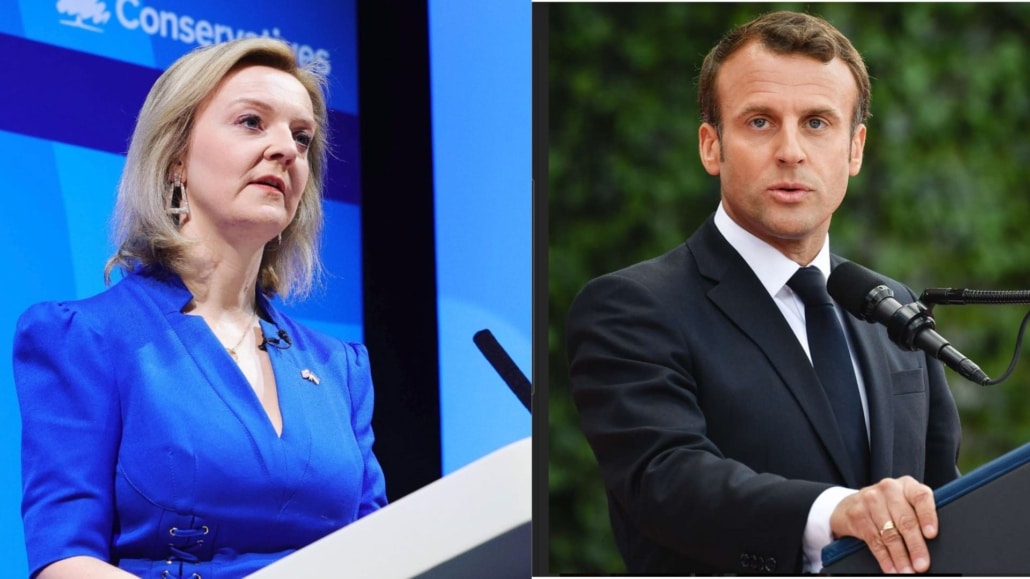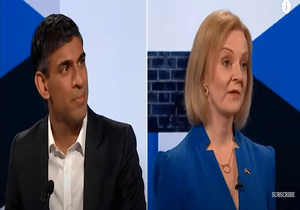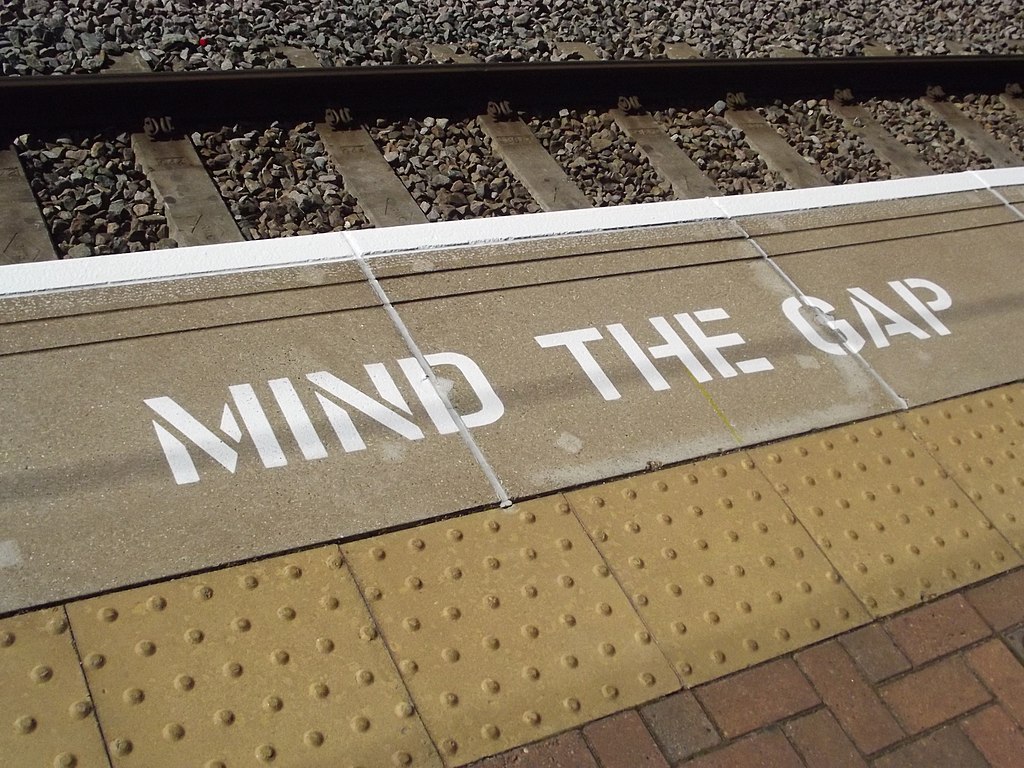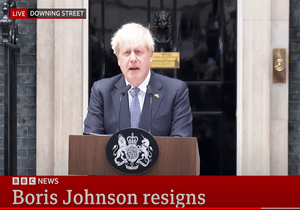How to cope with ‘Gotcha’ questions during media interviews

Presenter Noel Edmunds used to hand out ‘Gotcha’ awards
“Gotcha!”
For those of us of a certain age, it was the triumphant cry from Noel Edmonds on primetime Saturday night TV, as he presented yet another fellow celebrity with the award of the same name, after secretly filming them being pranked.
“Caught you,” those two syllables meant, “and what’s more, we’ve got it on film! Ha – more fool you!”
In the world of media training, those same six letters are used to describe interviewer’s questions which are designed to catch the interviewee out – particularly by asking them something to which they already know the answer. The theory is that rather than the journalist revealing the damaging information, it’s more embarrassing for the interviewee if they are forced to reveal it themselves. I know this to be the case: when I was a national BBC radio presenter, I used to do it too.
There was an excellent example of an attempt at the genre with Kay Burley on Sky News last week, when she was interviewing the new Secretary of State for Digital, Michelle Donelan. But as you can see from the clip, it backfires:
To find out why this was less successful for the interviewer than she hoped, it’s worth analysing the dialogue moment by moment, to examine exactly what happened:
KB: Talk to me about when you were at education; I mean, you weren’t there very long, were you?
MD: Well, I was – I was there for over three years.
No doubt, Donelan knew what was happening here. Back in July she had resigned from her position as Education Secretary after less than two days, in protest over the then Prime Minister Boris Johnson’s reluctance to resign after the Chris Pincher scandal. But the vagueness of Burley’s phrase “at education” meant she could bring her entire time in office into play (she had been Minister of State for Higher and Further Education, and Lord Commissioner of the Treasury before that).
KB: As the Secretary of State, how long were you there?
MD: Well – as you know the answer already, Kay, it was 36 hours. But I was serving in the cabinet for ten months and before that, a minister in two different roles – so I was there for over three years.
The phrase “as you know the answer already…” is key here. It’s Donelan’s way of indicating to the interviewer that she knows exactly what is going on. She then goes on to succinctly reveal the short amount of time Burley is looking for (“36 hours”), before ending her response by reiterating the length of her entire time in office.
Undeterred, with that attempt over, Burley tries again:
KB: OK – £17,000 is what you got, apparently, as a payoff – which you said…
MD: And you know the answer to that one as well, Kay, I didn’t take that…
KB: OK – you said you were going to give it to a charity…
MD: No, I didn’t – I said that if I wasn’t able to reject the money, I would give it to a charity, but I rejected it, as you already know…
Notice the repeat of “and you know the answer to that one as well…”. But most impressive in the clip is how calm Donelan remains. She recognises what’s happening and knows she’s on firm ground. Therefore, she can continue to appear relaxed and smiling throughout:
KB: Oh, OK – I didn’t know that…
MD: And that’s on the record…
KB: I didn’t know that – that’s why I asked you the question. I’m surprised you didn’t give it to a charity, but there you go…
Oof – another dig! And at first glance, it seems Burley might have a point; charity is clearly a good thing, therefore giving money to charity must be a good thing to do – perhaps even a better thing to do. However, increasingly sure of herself in this interaction, Donelan gives an appropriate and perfectly-judged answer:
MD: Well, it was taxpayers’ money – so I think it would be wrong for me to take taxpayers’ money, then decide which charity I wanted to give it to. So, I was very clear that if I was able to reject it, I would reject it – and I did.
It’s a highly assured performance from Donelan – and a less successful one from Burley, who The Spectator magazine describes as being “clearly disappointed” by how the interview was going, in an article written shortly afterwards linked here.
Mind you, not every broadcaster is keen on this approach. During last month’s Conservative Party hustings, newscaster Alastair Stewart – formerly with ITN, now with GB News – said: “It is not our style to go in search of ‘gotcha’ moments or high-octane arguments between the candidates…”
Nevertheless, it’s a style which is sometimes used. And if you ever find yourself on the receiving end, here are my three tips to cope:
- Maintain integrity. Continue being searingly honest – and this means avoiding exaggeration, ambiguity, or saying something which could be misinterpreted, which may later come back to bite you.
- Keep calm. There’s no need to demonstrate your frustration or anger to the interviewer with the way the conversation is going; indeed, they’d probably like that! So, it’s more effective if you can remain cool and collected – and your authority will rocket as a result.
- Stay smiling. There’s no better way to exude confidence than putting on a smile. It also indicates that you’re enjoying the experience – and the audience are more likely to remain on your side that way, too!
Dealing with ‘Gotcha’ interviews is just one part of our Media Training sessions, along with explanations of a whole host of tricks and traps that interviewees may fall prey to. You can find more details here.
And not a Noel Edmonds award in sight…
Images:
Noel Edmonds picture: Montage Communications CC BY-SA 2.0
https://commons.wikimedia.org/wiki/File:Noel_Edmonds_2006.jpg





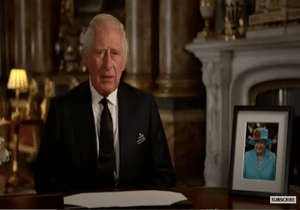
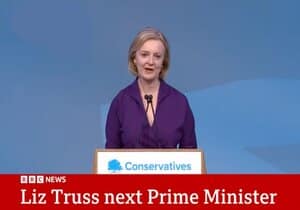
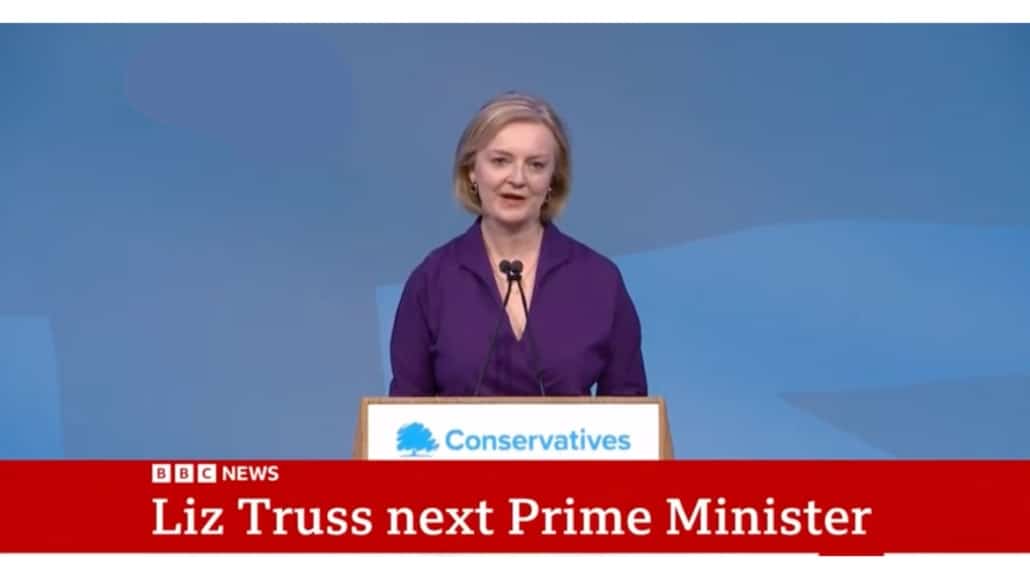 That said, and despite the recent diversity on UK front benches, we are still missing out on hearing the voices of women in public life. So many women of substance, not just here but worldwide, hold back because they are surprisingly under-confident.
That said, and despite the recent diversity on UK front benches, we are still missing out on hearing the voices of women in public life. So many women of substance, not just here but worldwide, hold back because they are surprisingly under-confident.
